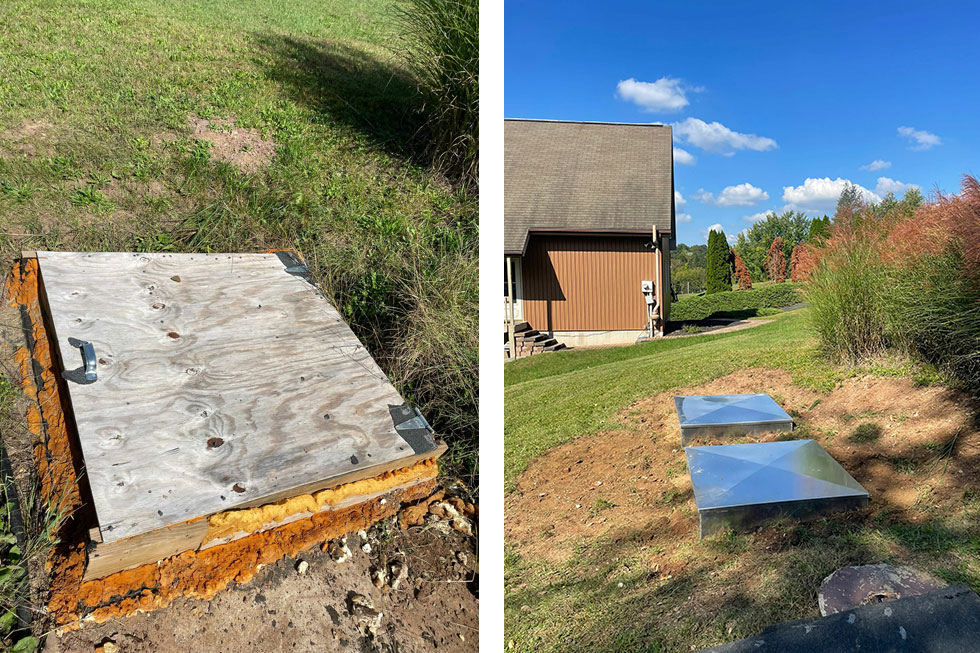According to the Pennsylvania Department of Environmental Protection, a quarter of Pennsylvania homes require a septic system located on their property to treat sewage.
If you’re among homeowners who rely on a septic system, it’s pretty likely that you have a conventional system, which consists of a septic tank and a trench or bed subsurface wastewater infiltration system, known as a drain field. With this system, wastewater is piped from the septic tank to a shallow underground trench of stone or gravel, where it is filtered and further treated by microbes once it reaches the soil below the gravel/stone trench.
However, not all properties are suitable for a conventional septic system, including those that are smaller and don’t have room for a regular drain field and those with a high water table, high bedrock or poor soil quality. In those instances, the properties need to use alternative systems.
Alternatives to Conventional Septic Systems
If a conventional septic system isn’t suitable for your property, you’ll have to find alternatives. There are a number of choices, some of which are similar to a conventional system. According to the U.S. Environmental Protection Agency, these are among the most common:
Aerobic Treatment Unit — Aerobic Treatment Units use many of the same processes as a municipal sewage plant, but on a smaller scale. An aerobic system injects oxygen into the treatment tank to increase natural bacterial activity. Some aerobic systems may also have a pretreatment tank and a final treatment tank to further reduce pathogen levels.
They can be used in homes with smaller lots, inadequate soil conditions, in areas where the water table is too high and in homes close to a surface water body sensitive to contamination by nutrients contained in wastewater.
Mound Systems — These systems consist of a constructed sand mound that contains a drain field trench. Wastewater from the septic tank flows to a pump chamber where it is pumped to the mound and treated as it filters through sand and disperses into the native soil.
Mound systems are an option in areas of shallow soil depth, high groundwater or shallow bedrock.
Recirculating Sand Filter System — Sand filter systems can be constructed above or below ground. With these systems, wastewater flows from the septic tank to a pump chamber then pumped to the sand filter, which is typically a PVC-lined or concrete box filled with sand. Wastewater is pumped under low pressure through the pipes at the top of the filter and is treated as it filters through the sand before being discharged to the drain field.
Sand filters are good for sites with high water tables or that are close to water bodies.

To learn more about septic systems, including installation, repair and maintenance, you can consult online resources from the Pennsylvania DEP or a septic system expert such as Sonlight Services.
